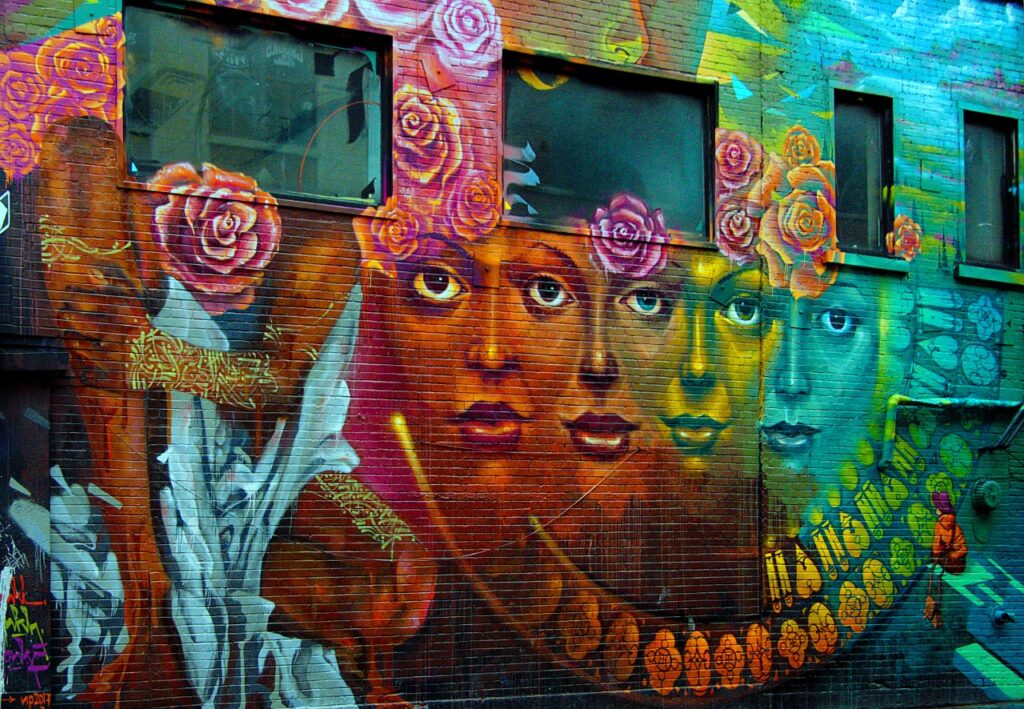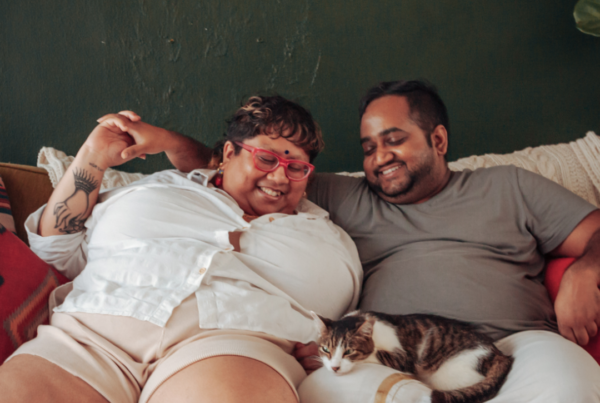Miss. D is back in therapy. She recently broke up with her partner and finds it hard to move on. It’s her fourth breakup in the last two years, always messy and painful, void of closure. She sobs ‘Why do I attract the same kind of people? I see the red flags, I see their toxic patterns but I still stay. Something is wrong with me.’
Let me correct her a bit. ‘You don’t attract or manifest these relationships you are attracted to them. Freud called it Repetition Compulsion. You are unconsciously attracted to the same early childhood trauma and enact it with new partners to overcome it or change it every time. Healing your childhood wounds will help you lower the flags.’
 We learn and create a blueprint of relationships with our caregivers as a child. Those are the foundations on which all our relationships will be built throughout our life. If you had parents who were able to create secure, meaningful, and nurturing relationships around you, you would find partners to create it with or, at least, try. It will be easier to break away from relationships that don’t fulfill your needs.
We learn and create a blueprint of relationships with our caregivers as a child. Those are the foundations on which all our relationships will be built throughout our life. If you had parents who were able to create secure, meaningful, and nurturing relationships around you, you would find partners to create it with or, at least, try. It will be easier to break away from relationships that don’t fulfill your needs.
If on the other hand, your caregivers failed to provide you with a nurturing atmosphere, invalidating your needs, failing to provide you a safe base, or even burdening you with things beyond your age: you’ll eventually look for partners to replay the same traumas. Such relationships will mostly leave you drained, unworthy, and asking for answers.
Given a choice, we will always pick up the ‘known devil’ over the ‘unknown angel’, because familiarity is comforting.

All through our lives, we keep playing the same drama/trauma with the new partners. The attachment styles we build as a child are hard to shed off. For example: if you had an emotionally absent parent you will find an avoidant lover attractive. That partner will be able to help you play with that trauma again. You’ll know something is not right, you’ll feel your needs are not getting met but you’ll keep trying to make it right this time.
It’s a very childlike thing to do, we do things to appease a parent. As an adult, we want to keep making our partners happy even if they are unable to meet our needs.
 On the flip side, maybe you grew up with overprotective parents who didn’t let you separate and individuate. They created this symbiotic relationship of codependency that makes t hard to experience the world on your own. Their love would look like overprotection, ‘The world is bad, people are bad’, ‘We can only trust one another’, ‘We are enough’.
On the flip side, maybe you grew up with overprotective parents who didn’t let you separate and individuate. They created this symbiotic relationship of codependency that makes t hard to experience the world on your own. Their love would look like overprotection, ‘The world is bad, people are bad’, ‘We can only trust one another’, ‘We are enough’.
You’ll end up either looking for another soul to protect, rescue, and maybe suffocate or be completely repulsed by the idea of a healthy relationship. Even if a healthy partner will come into your life you’ll create the same symbiotic relationship where you’ll suffocate them with the overprotection and burden them with your own needs.
 How to unlearn/relearn relationships?
How to unlearn/relearn relationships?
Talk to a therapist, take up relationship counseling, write about your childhood relationships. Understand what kind of relationship you shared with your caregivers. The key to fulfilling adult relationships and healing lies in childhood. Become more aware of your attachment styles. Unlearn and relearn what a healthy relationship feels like. Reparent that child inside.





